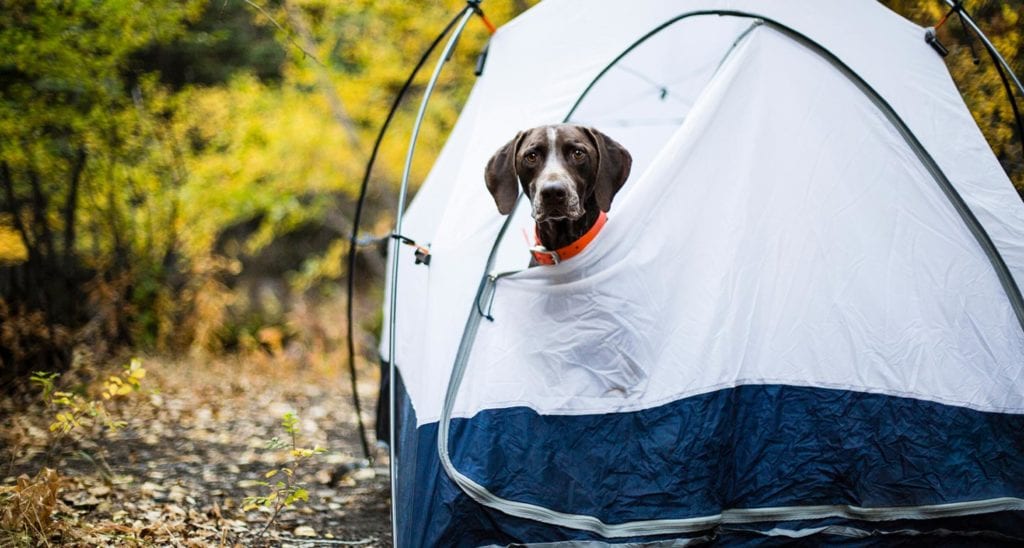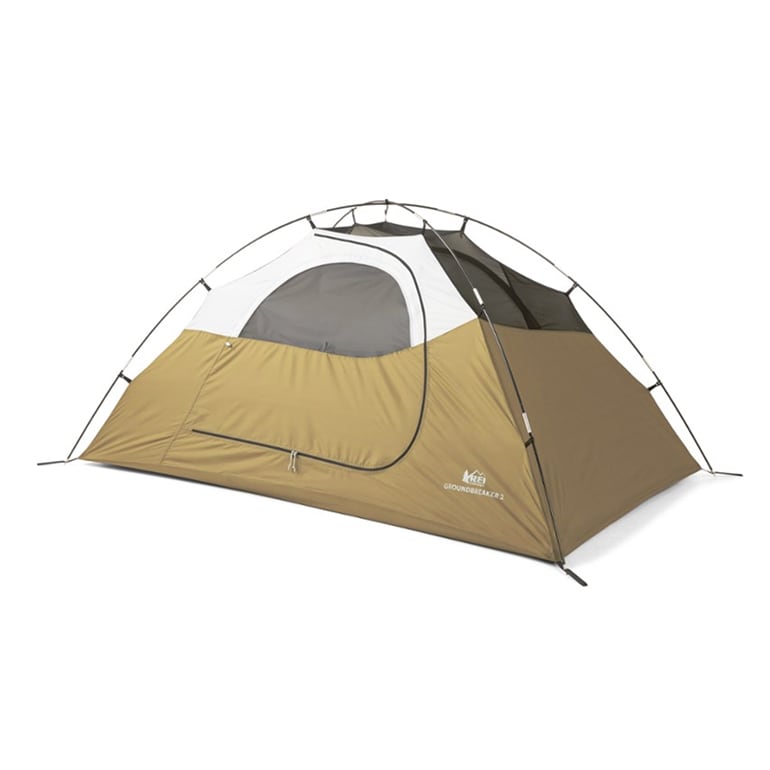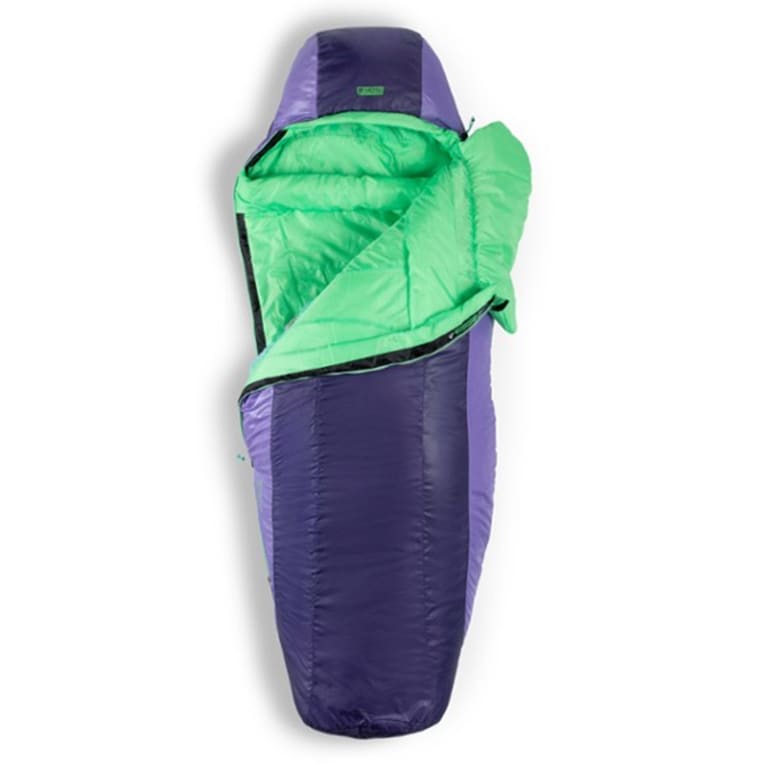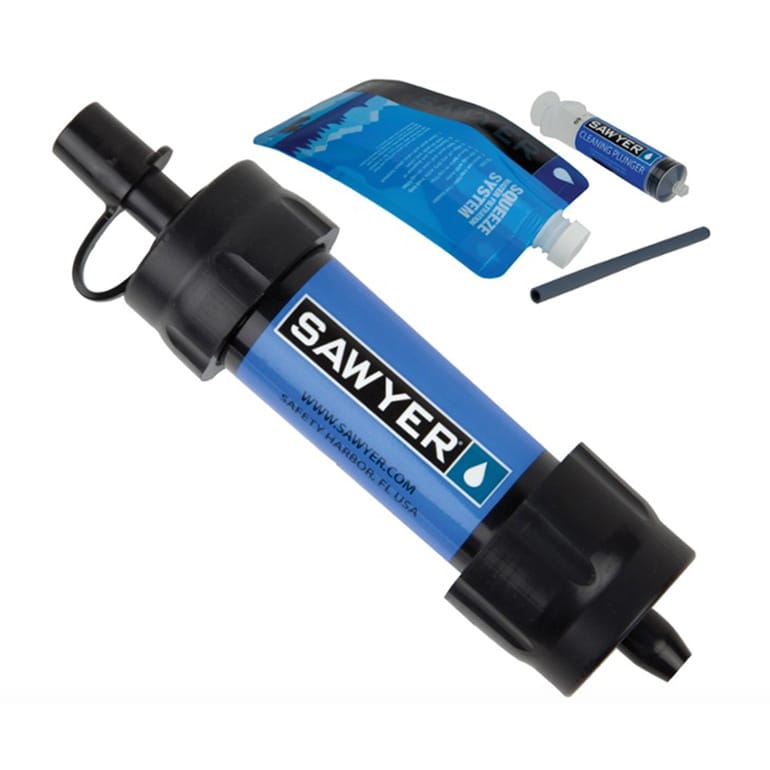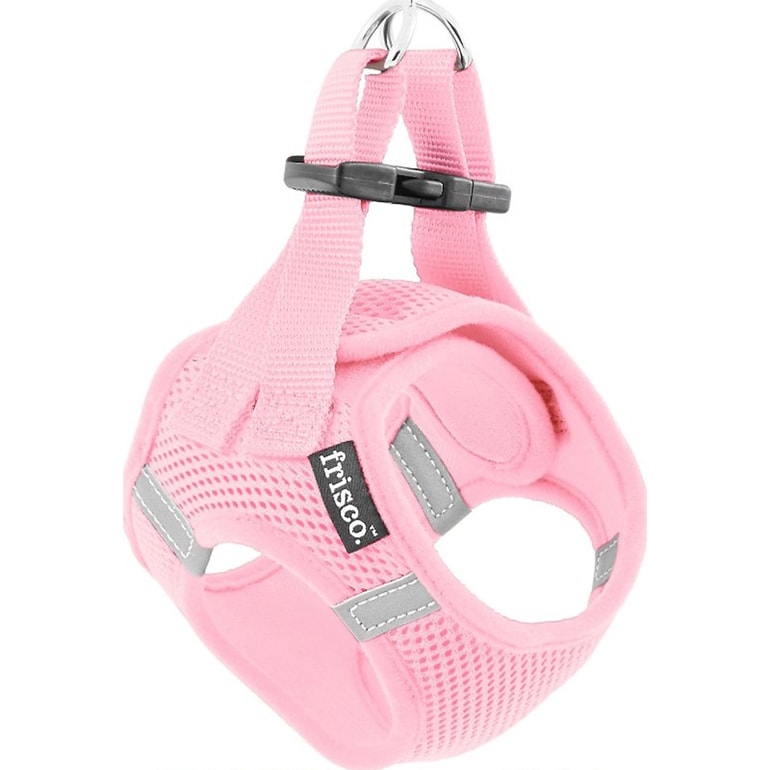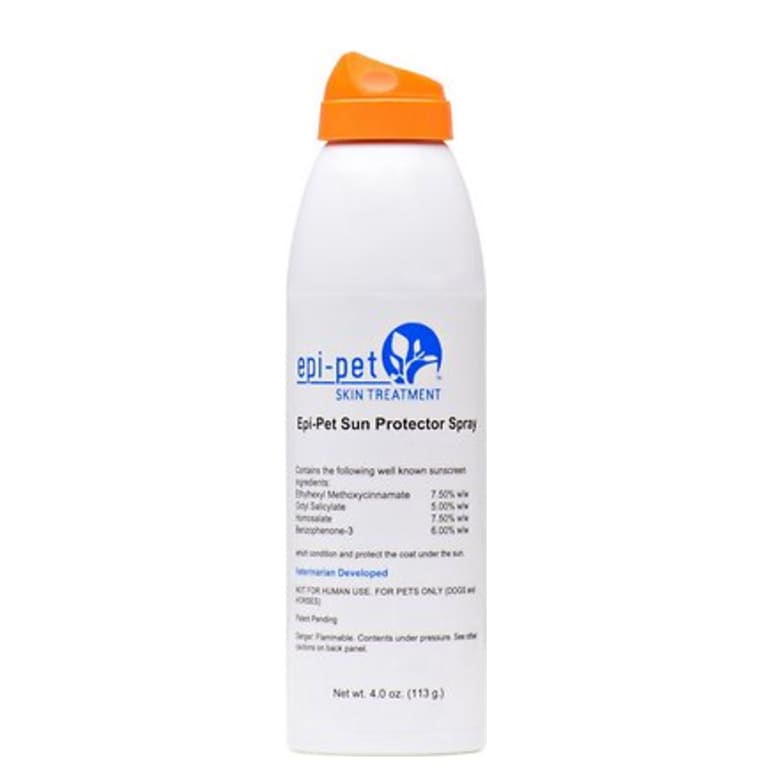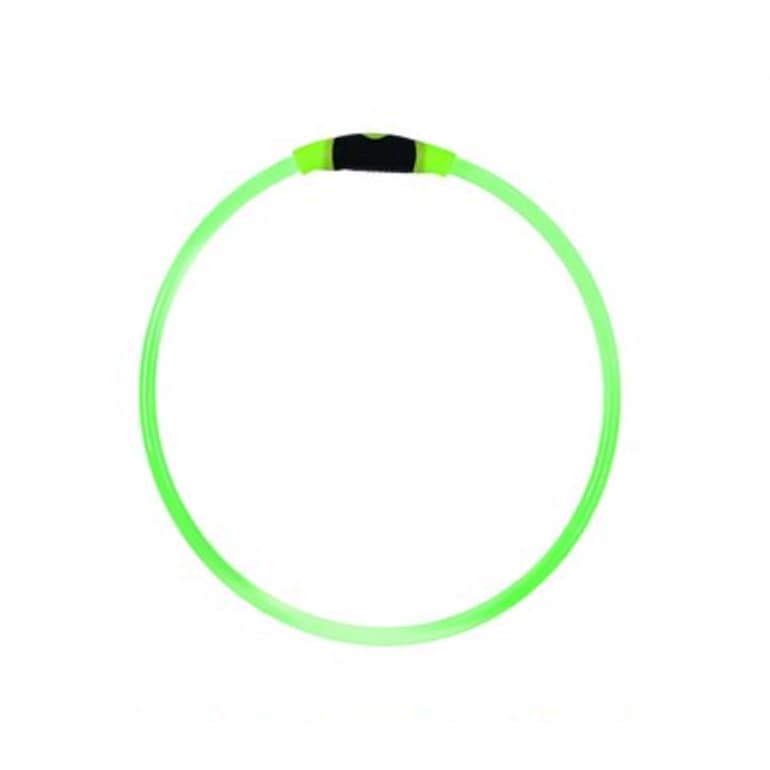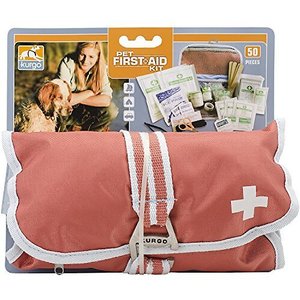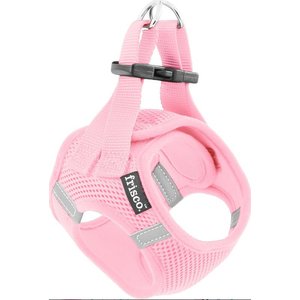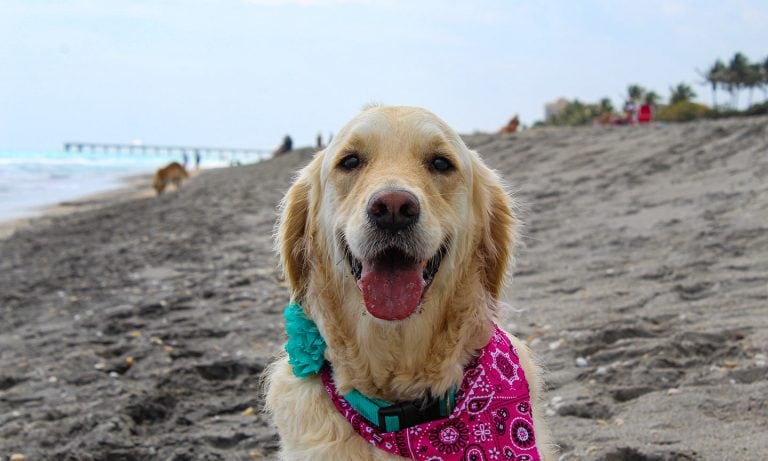Nothing beats an evening sitting around a campfire followed by sleeping under the stars. That is, unless, you improve on the experience by bringing your pet on your next camping adventure. Just picture it: You and your furry friend exploring nature trails by day and warming your hands and paws by the fire by night, snacking on s’mores (for you) and yummy treats (for them). Camping with dogs, cats and other pets can elevate your experience of nature as you learn to see the wilderness through their eyes—and if your pet is the outdoorsy type, they’ll thrive among the tall trees and fresh air.
But before you set out for your nearest pet-friendly campground, it’s important to remember the scouts’ motto: Be prepared. Whether you’re a seasoned camper or a first-timer, read on to learn about the gear you’ll need to camp with your dog or cat, as well as safety tips for both you and your favorite furry camping buddy.
Should My Pet Go Camping?
Before packing up your car or RV, first consider your pet’s personality and comfort level. Not all pets will enjoy camping—and if they aren’t having fun, you won’t be either. When you’re camping with pets, you’re taking them to a new, unfamiliar environment—which anxious, nervous or territorial pets might find stressful, says Anita Hurley, CTC, CBCC-KA, supervisor of animal training and behavior at the Humane Society of Boulder Valley in Boulder, Colorado.
If you have access to a backyard, Hurley suggests doing a trial camping session. That’s right—spend the night under the stars with your pet in your own backyard before taking the show on the road. If your pet shows signs of stress in that environment, they likely won’t respond well in an environment that’s even less familiar, Hurley says. Other factors to consider include if your dog is sound sensitive to things like thunderstorms or sudden loud noises or is generally anxious or a flight risk, she adds.
Additionally, your pet will need to be well-behaved and obedient on leash and happy around other campers—human and animal alike. “If your dog is a little nervous, keep them with you at all times and manage their access to others on a hand-held leash,” Hurley says.
If you determine that your pet isn’t quite up for the adventure, that’s OK too. Hurley, who has planned many dog-centric outdoor adventures, says you need to be willing to adjust your plans to fit your dog’s capabilities. “In some cases, it may be safer and less stressful for the dog and humans to have plans for pet sitting options at home or at a familiar boarding facility,” she says.
Choosing a Destination
Once you’ve determined that your pet is ready to go camping, you will need to find a pet-friendly campground. Websites like BringFido and The Dyrt are two online resources for finding dog-friendly camping grounds near you.
You also need to decide what type of camping you want to do. Are you ready for the adventure of tent camping with dogs? Or are you bringing an RV with all the comforts of home? Perhaps you want to go glamping with top-of-the-line accommodations. Once you know what amenities you want, you can explore the best pet-friendly campgrounds in your area and book a reservation.
As part of your research, review the rules and make sure you know the leash laws for the particular campground—most pet-friendly campgrounds require your dog or cat stay on a 6-foot leash at all times.
“Understand the rules of the campgrounds and follow them so that dogs of the future can continue to enjoy the grounds, too,” says Hurley.
Maybe you have an adventurous pot-bellied pig or an outdoors-loving gerbil—hey, nobody wants to be left at home! If you have a more exotic pet, call ahead to make sure they’re welcome at the campground and ask about any restrictions related to your camping companion.
Human Camping Gear
The beauty of camping is you can make it as simple or as luxurious as you want—the perfect camping experience is up to you. But there are a few camping gear essentials you won’t want to forget when you start packing.
You will need a durable tent with enough room for you and your pet, a sleeping pad or air mattress, sleeping bag, pillow, lanterns or headlamps (and extra batteries), a stove, kitchen set, cooking gear, and a water filter or purifier. Even if the campground has drinking water, bring a back-up water filter, just in case. Also, pack plenty of warm layers, bug repellent, sunscreen and a first aid kit.
If your campsite doesn’t have a picnic table, foldable chairs and a small table are nice for cooking and dining. If you plan to grill your dinner or have a campfire, be sure to bring wood or other fuel and a fire starter. And always check for any fire restrictions or burn bans before lighting a campfire.
Of course, if you are glamping in a yurt or cabin or visiting a campground in the luxury of your RV or pop-up trailer, you won’t necessarily need all of these basics to go camping with pets. Just don’t forget the s’mores stuff (for human campers only since chocolate is toxic to dogs and other pets).
Pet Camping Gear
Once you’re packed, it’s time to gather your cat or dog camping gear and any other supplies your pet might need.
Hurley says the must-haves include a comfortable, secure harness or collar with ID tags, a leash or two, poop bags, and possibly a portable litter box for feline campers. Some cats are perfectly comfortable going au naturel while others prefer the home-toilet familiarity of a portable litter box, Hurley says. You will also need enough food for regular meals, treats and plenty of water.
Make sure you pack a pet first aid kit, like this one from Kurgo, or modify your human first aid kit to include a few pet essentials. You may also need a flea/tick collar and sunscreen for pets. You should also pack a LED collar or collar light so you can easily spot your pet after dark.
“Pack bowls for food and water, a lit collar to see the dog at night, and plan on placing the dog on a leash or tether line with supervision when it gets dark,” Hurley says.
Additionally, you’ll want to add towels and a brush to your cat or dog camping gear checklist, so you can make sure your pet is dry and clean before they cozy into bed next to you. And some pets will appreciate having their own bed or sleeping pad and blanket that reminds them of home. (You might appreciate it too if your dog tends to hog the covers.)
Staying Safe
There are a few safety rules to keep in mind when camping with dogs or other animals. First, make sure your pets are up-to-date on all their shots and vaccinations. The American Veterinary Medical Association recommends pet parents take a copy of their pets’ vaccination record when they travel. Hurley also recommends applying flea and tick prevention before the trip and either making sure they are on a year-round monthly heartworm medication or, if not year-round, at least when mosquitos are present. (Heartworms are caused by a bite from an infected mosquito.)
At camp, never leave your pet alone, including at night. “The tent or car needs to have proper ventilation overnight. Never leave a dog unattended in a car or tent when camping,” Hurley says.
Hurley adds that pet parents should keep a close eye on pets around campfires, and if you plan to do any water sports while camping, ensure that your pet has prior exposure to boats and wears a life jacket.
You are also responsible for keeping your camp secure and your pet safe from wildlife. “Bear-proof the area and hang or place all food items, including dog treats, away from the site at night or when everyone is off hiking,” Hurley says.
With some basic precautions, your camping outing should be successful and safe for all.
Camping Etiquette
Lastly, remember that the campgrounds—and all of nature—belong to everyone. Be a good neighbor to your fellow campers, and leave your campsite cleaner than you found it. Clean up all of your pet’s poop and all your own trash, and keep barking at a minimum. And remember, you should never leave your pet behind at your camp unsupervised. After all, you brought them along to share in your adventures, so be sure to take them with you.
With the proper preparation, the right gear and a spirit for adventure, camping with dogs, cats and other pets can be a safe and enjoyable experience for everyone.
Share:
